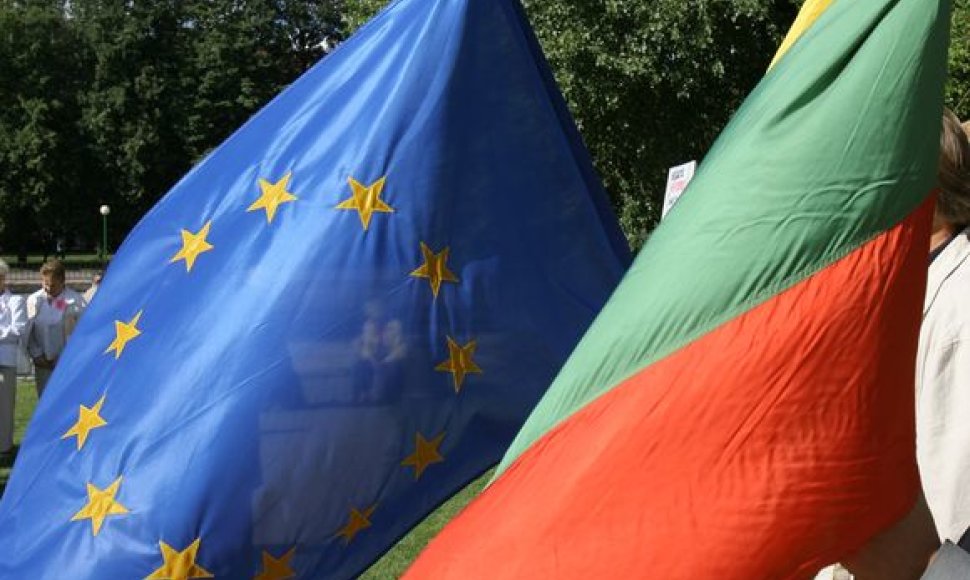Advisers to Lithuania's President Dalia Grybauskaitė confirmed to BNS that Lithuania was involved in the drafting of the letter to EU leaders but, in the end, decided not to sign it, unlike the other two Baltic states and Poland.
"Lithuania participated in the drafting of the letter, we submitted proposals. We support most of the initiatives proposed in the letter. However, we decided not to join in, as some of the provisions are inconsistent with the basic interests of Lithuania's trade policy," the presidential press service said in a response to BNS.
"The letter suggests applying different trade rules for EU and third countries. Such unilateral opening of borders would undermine Lithuania's industrial competitiveness," the President's Office said.
In the letter published in the run-up to the EU summit of 1-2 March, 12 countries called for attention to economic development.
The letter to EU President Herman Van Rompuy and European Commission President Jose Manuel Barroso was signed by prime ministers of Latvia, Estonia, Poland, Slovakia, the Czech Republic, Great Britain, Spain, Italy, the Netherlands, Finland, Ireland and Sweden.
"The crisis we are facing is also a crisis of growth," reads the letter, which calls for greater focus on trade with the United States, Russia and China. Authors of the letter urge to conclude free trade agreements with partners including India, China and post-Soviet countries by the end of this year. The letter also calls for efforts to develop an energy market and digital economy.
"We need to inject political momentum into deepening economic integration with the US, examining all options including that of a free trade agreement," the letter says.
According to the address, the EU should also "seek to deepen trade and investment relations with Russia, following its accession to the WTO," continue holding "strategic consideration of our trade and investment relationship with China," with a focus "on rules-based trade."
The leaders set the objective of completing building "a genuine, efficient and effective internal market in energy by 2014" and envisage a deadline of 2015 for "a truly digital single market."
Nevertheless, they also seek to draw a line on state assistance to banks. "Implicit guarantees to always rescue banks, which distort the single market, should be reduced," the leaders wrote.
The letter does not contain signatures of leaders of the EU's most powerful economies, Germany and France. Foreign media has referred to the letter as an attempt of other EU countries to demonstrate that the EU agenda should not be shaped by the Berlin-Paris axis alone, and the EU should not focus on austerity measures stressed by Germany.
Economic forecasts envisage a eurozone recession in 2012. Economy of the 17-nation common currency union shrank by 0.3 percent in the last quarter of 2011, although the gross domestic product (GDP) grew by 1.5 percent over the past year.
Lithuania posted economic growth of 5.8 percent last year, with a more modest growth of 2.5 percent forecast for this year.












